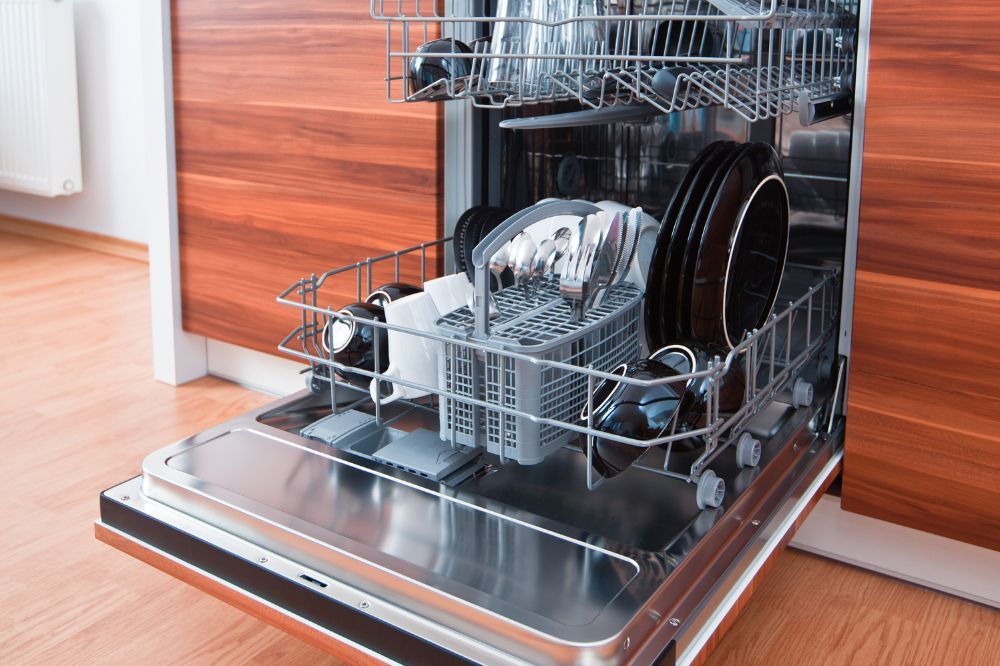
Do You Need a Plumber to Install a Dishwasher?
Yes, you may need a plumber to install a dishwasher, especially if your kitchen’s plumbing setup requires new connections or modifications. A dishwasher is a great addition to any kitchen, but proper installation ensures it operates efficiently without leaks or other issues.
While some installations are straightforward, others demand the expertise of a professional like a plumber, particularly if changes to water lines or drains are necessary.
Choosing the Right Dishwasher for Your Needs
Selecting the right dishwasher is the first step toward a seamless installation. Here’s what to consider:
- Measure your space: Ensure the dishwasher fits snugly in the designated area.
- Check plumbing compatibility: Confirm your kitchen’s water lines, drains, and power outlets align with your chosen model.
- Water efficiency: Modern dishwashers often come with energy and water-saving features. Choose one that aligns with your sustainability goals.
- Seek expert advice: Unsure which model is best? AZIP offers guidance to help you select a dishwasher compatible with your existing setup.
By starting with the right appliance, you minimize potential installation headaches and ensure long-term satisfaction with your investment.
Checking Your Kitchen’s Plumbing Setup
Before installing a dishwasher, assess your kitchen’s plumbing readiness:
- Hot water line availability: Dishwashers require a steady hot water supply, ideally near your sink.
- Functional waste pipe: This ensures proper drainage for your appliance.
- Power outlet placement: A nearby, grounded outlet is essential.
- Pipe conditions: Old or corroded pipes may need replacement to avoid leaks.
If your setup falls short, don’t worry. AZIP specializes in identifying and resolving such issues, ensuring your kitchen is ready for a smooth installation. A well-prepared setup eliminates unnecessary stress during the installation process.
Preparing Your Kitchen for Installation
Preparation is vital for a hassle-free dishwasher installation. Follow these steps:
- Clear the space: Remove items from the cabinet under your sink and around the installation area.
- Inspect shut-off valves: Ensure your water shut-off valves are functional and leak-free.
- Check for obstructions: Make sure nothing blocks plumbing or electrical access points.
- Schedule a pre-installation check: If you’re uncertain about your kitchen’s readiness, AZIP can conduct an assessment to address potential concerns upfront.
Proper preparation saves time, reduces the chances of unexpected delays or costs, and ensures everything is set for a flawless setup.
DIY Installation vs. Hiring a Professional
Should you install a dishwasher yourself or call a professional? It depends on the complexity:
DIY Installation
- Suitable for simple setups: If all connections are in place and you’re confident with tools, DIY can save money.
- Risks: Errors like loose connections or improper leveling may lead to leaks or inefficient operation.
Professional Installation
- Best for complex jobs: If plumbing or electrical adjustments are required, hire a plumber or electrician.
- Benefits: Professionals like AZIP ensure compliance with safety standards and local codes, giving you peace of mind.
Professional help guarantees your dishwasher is installed securely and functions perfectly.
Understanding Local Building Codes
Local building codes often govern how dishwashers are installed, and non-compliance can result in fines or safety risks. Here’s what to know:
- Permit requirements: Some jurisdictions mandate permits for new installations.
- Licensed professionals: Codes may require licensed plumbers or electricians for certain tasks.
- Inspection readiness: A professional installation ensures your setup passes any required inspections.
AZIP’s team is familiar with local regulations and can handle these details, ensuring your installation meets all legal requirements. Taking this step prevents costly mistakes and ensures a legal installation.
Handling Plumbing Challenges During Installation
Dishwasher installations can uncover unexpected plumbing challenges:
- Mismatched pipe sizes: Older homes often have non-standard fittings.
- Low water pressure: This can impact the dishwasher’s performance.
- Hard-to-reach connections: Professional tools and expertise make these accessible.
Professional intervention ensures these common plumbing obstacles don’t derail your installation plans.
AZIP plumbers are skilled at resolving such issues quickly, preventing delays, and ensuring a reliable setup.
Connecting the Water Supply and Drain
Proper water and drain connections are critical for dishwasher functionality:
- Water inlet connection: Must be secure to prevent leaks.
- Drain line setup: Incorrect drainage can cause backflow or improper operation.
- Safety compliance: Professional plumbers ensure connections meet local safety standards.
For guaranteed precision, trust AZIP to handle these technical aspects efficiently. Their expertise in secure connections prevents future problems and ensures long-term satisfaction.
Addressing Common Installation Mistakes
Mistakes during installation can lead to long-term problems:
- Improper leveling: Causes water to pool inside the dishwasher.
- Loose fittings: Lead to leaks over time.
- Ignoring manufacturer guidelines: May void warranties.
Avoid these pitfalls by hiring AZIP for professional dishwasher installation, ensuring your appliance functions optimally from day one. They use best practices to safeguard against installation errors and maximize performance.
When Electrical Work is Required
Many dishwashers require specialized electrical work:
- Dedicated outlets: Some models need a unique circuit to prevent overloads.
- Hardwiring: Often necessary for permanent installations.
- Safety concerns: Electrical work requires adherence to strict codes to prevent hazards.
For seamless coordination, AZIP can work alongside certified electricians to address any electrical requirements. This ensures both plumbing and electrical systems integrate seamlessly for a reliable setup.
Maintaining Your Dishwasher After Installation
Once your dishwasher is installed, maintenance is key to longevity:
- Clean filters regularly: This prevents clogs and ensures efficiency.
- Inspect hoses: Look for wear and replace if needed.
- Use recommended detergents: Follow manufacturer instructions for best results.
For ongoing support, AZIP offers maintenance tips and services to keep your dishwasher in excellent condition. Regular upkeep ensures your dishwasher remains efficient and trouble-free for years to come.
Final Thoughts
Installing a dishwasher can be straightforward or complex, depending on your kitchen’s setup. While some tasks can be DIY, others demand professional expertise to ensure safety, compliance, and reliability.
AZIP offers comprehensive dishwasher installation services, addressing everything from plumbing to electrical needs.
Ready to get started? Contact AZIP today for expert assistance tailored to your home’s needs.
FAQs
Do I need a plumber to install my dishwasher?
Yes, especially if new plumbing connections are needed. AZIP offers professional dishwasher installation services to ensure everything is set up correctly. Learn more here.
Can I install a dishwasher without modifying my plumbing?
If your kitchen is already equipped with compatible water and drain lines, DIY installation may be possible. Unsure? Visit AZIP for a consultation.
What should I do if my dishwasher leaks after installation?
Leaks can result from loose connections or improper setup. AZIP provides troubleshooting and repair services to fix these issues. Contact us for our professional services.


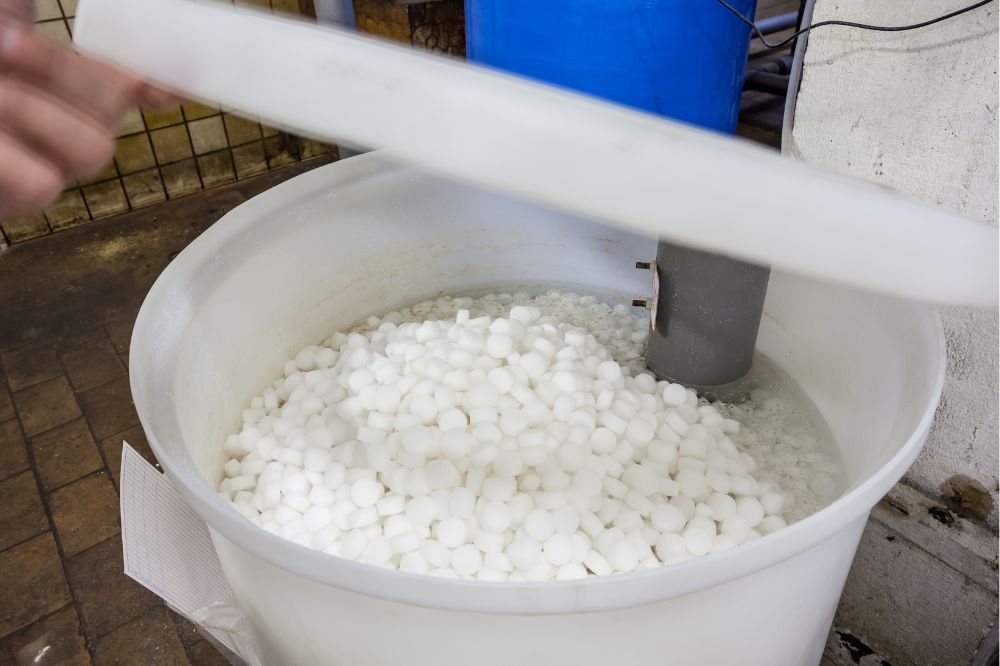
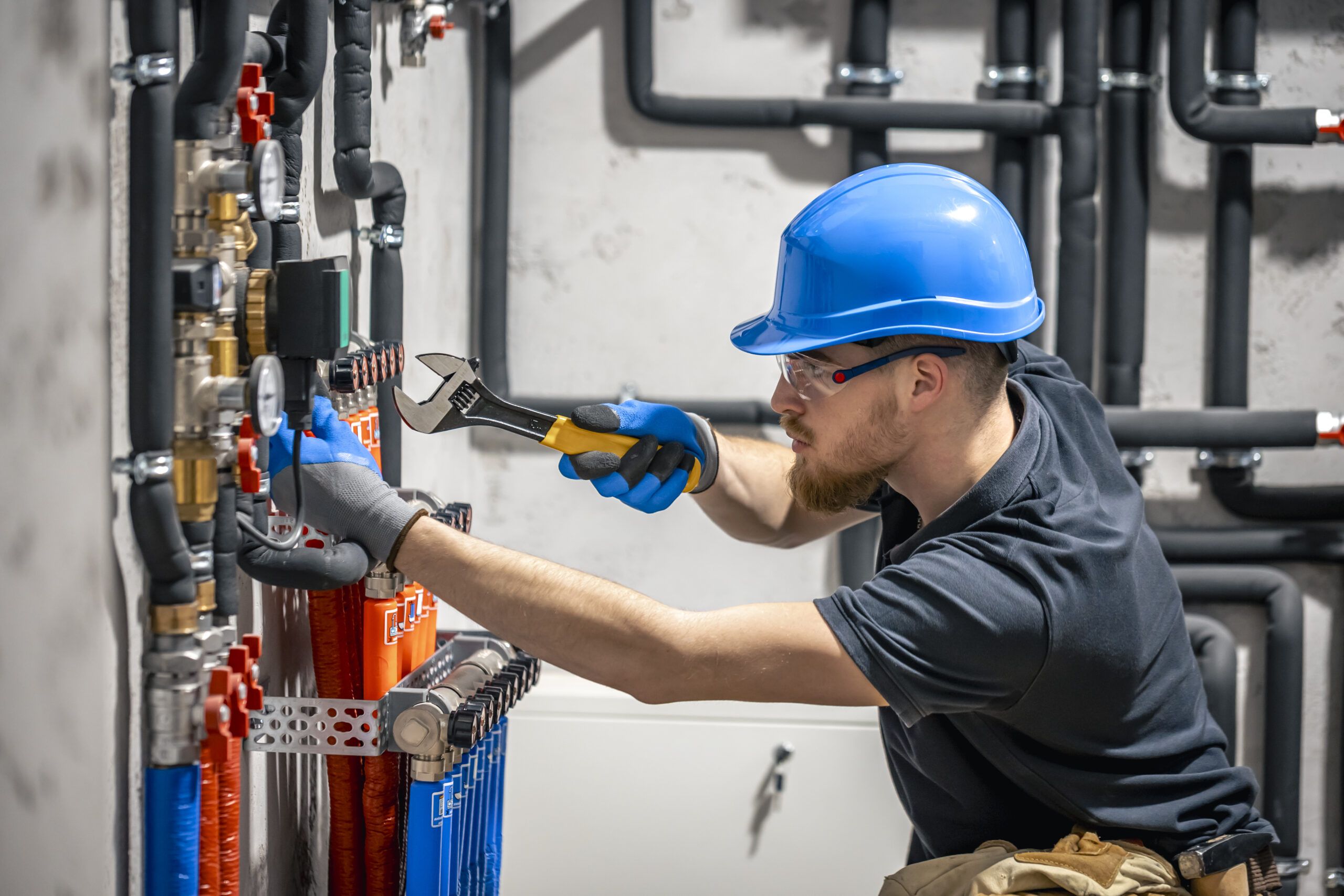

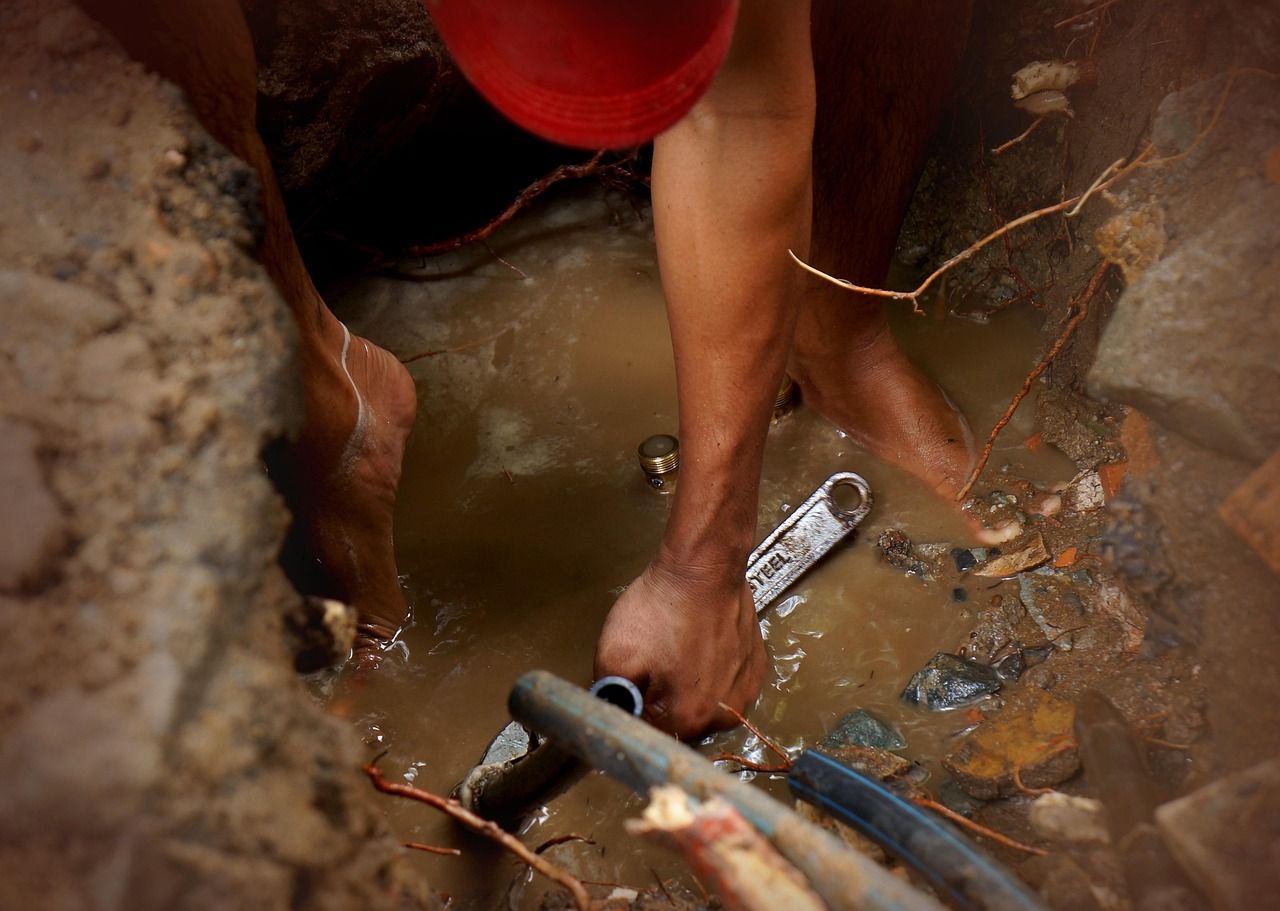
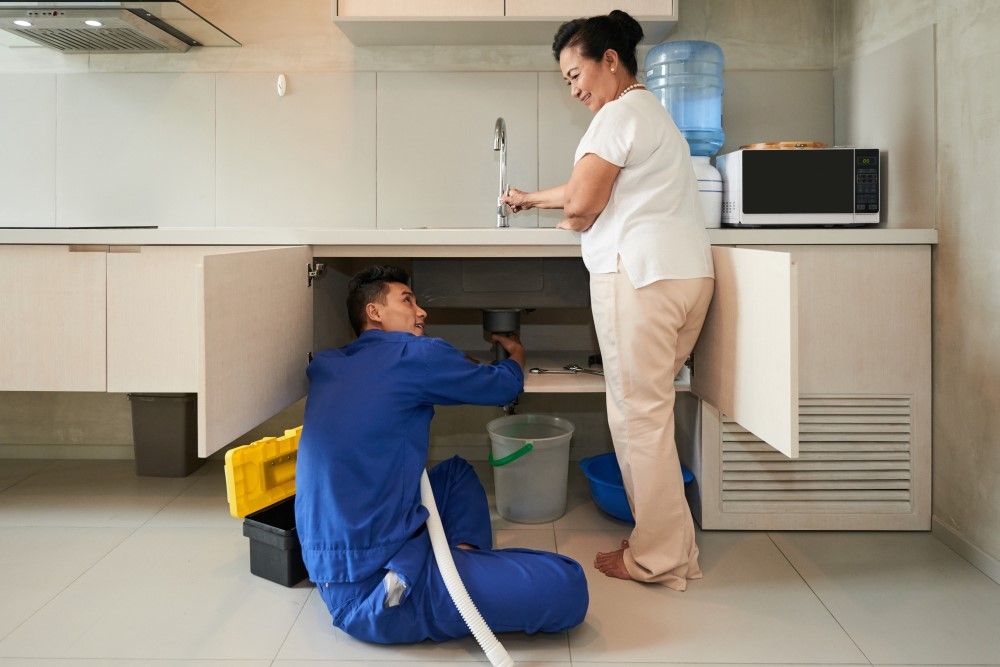



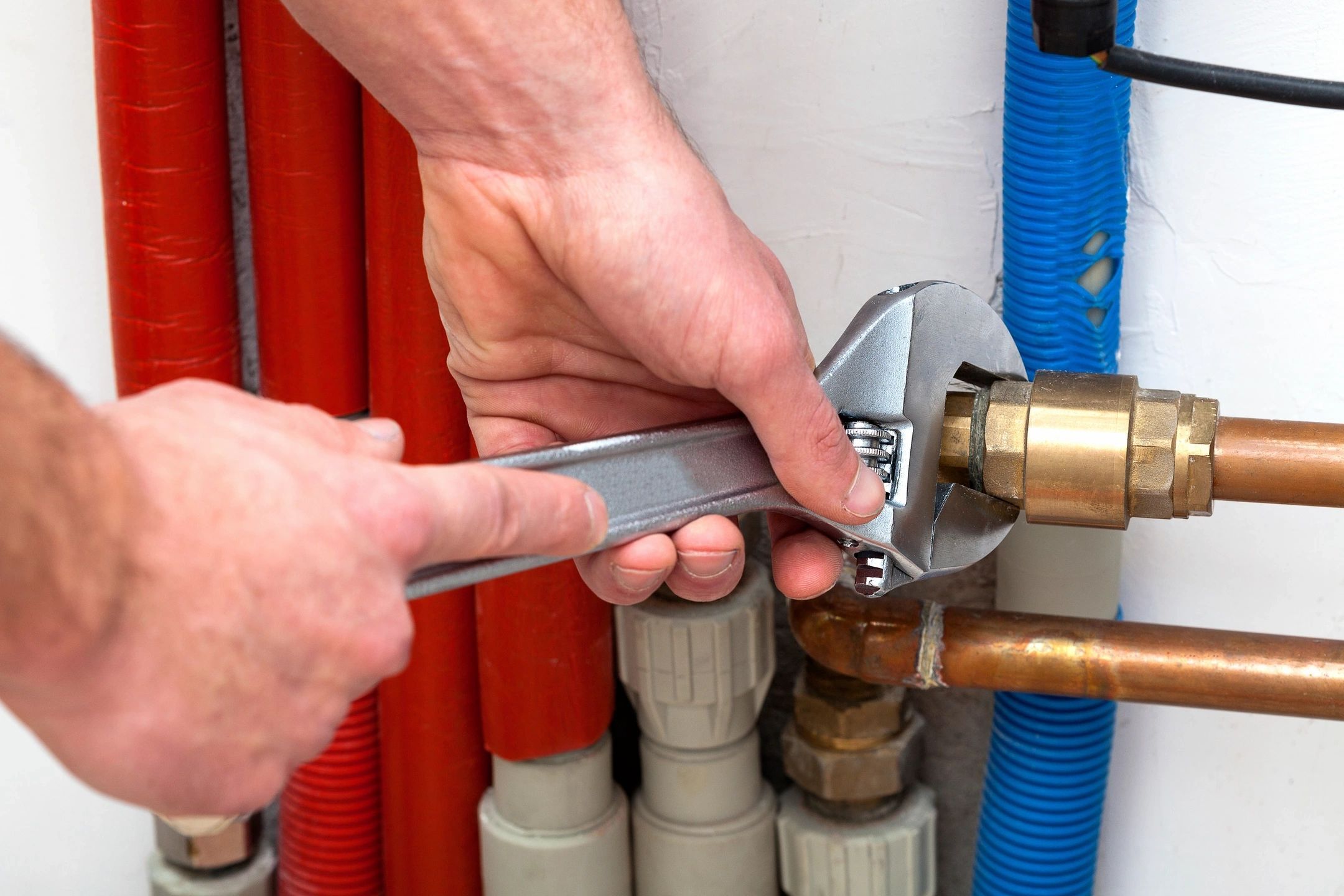

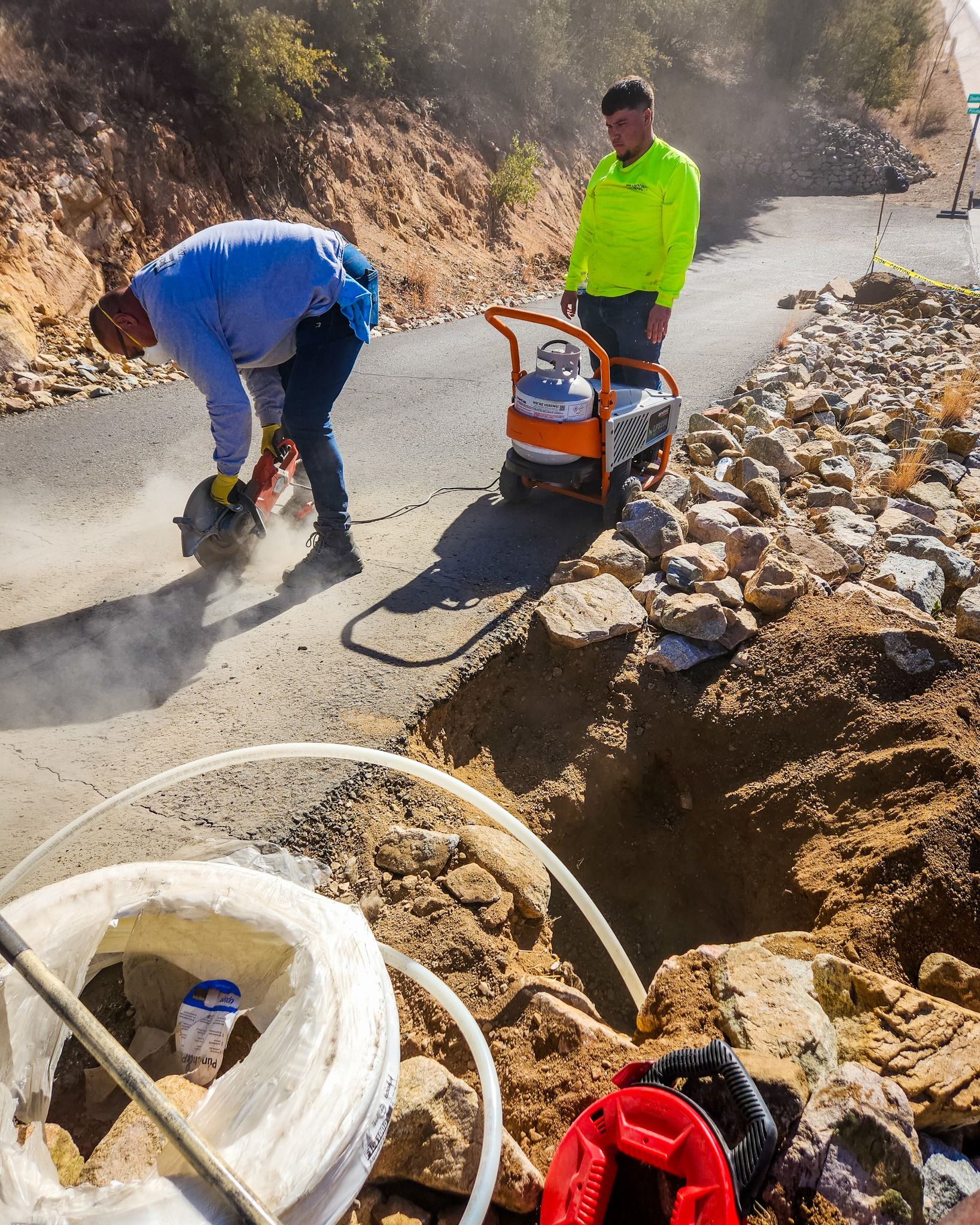
 Hi! How can i help you?
Hi! How can i help you?